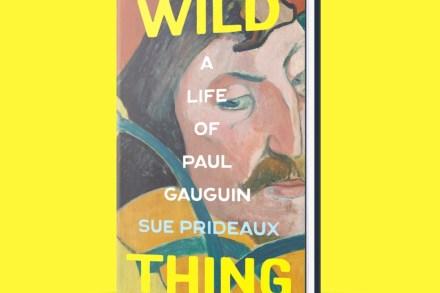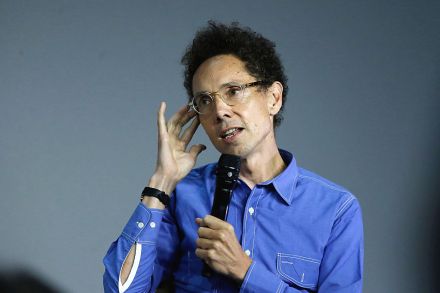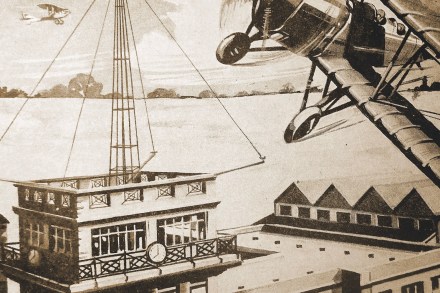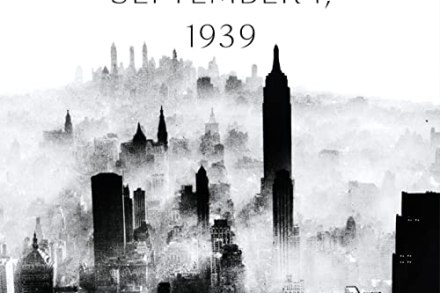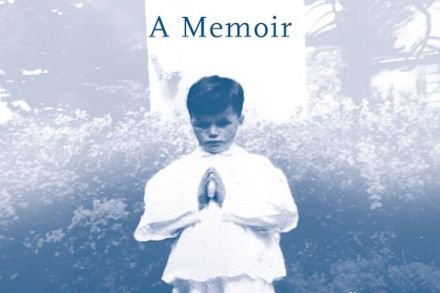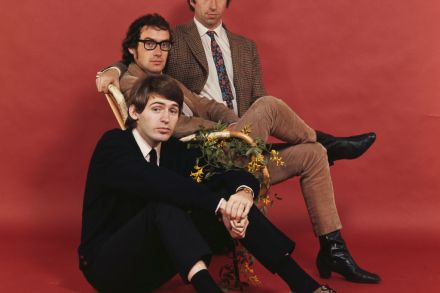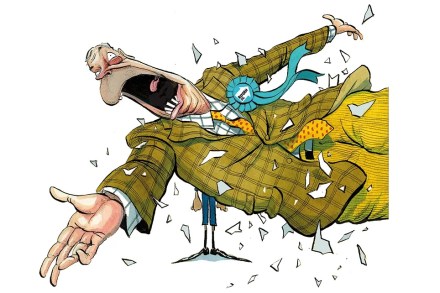Sue Prideaux: Wild Thing, A Life of Paul Gaugin
41 min listen
In this week’s Book Club podcast Sam Leith’s guest is the great Sue Prideaux who, after her prize-winning biographies of Nietzsche, Munch and Strindberg, has turned her attention to Gauguin in Wild Thing: A Life of Paul Gauguin. She tells me about the great man’s unexpected brief career as an investment banker, his highly unusual marriage and his late turn to anticolonial activism. Plus: why she starts with his teeth. This podcast is in association with Serious Readers. Use offer code ‘TBC’ for £100 off any HD Light and free UK delivery. Go to: www.seriousreaders.com/spectator Produced by Patrick Gibbons and Oscar Edmondson.
